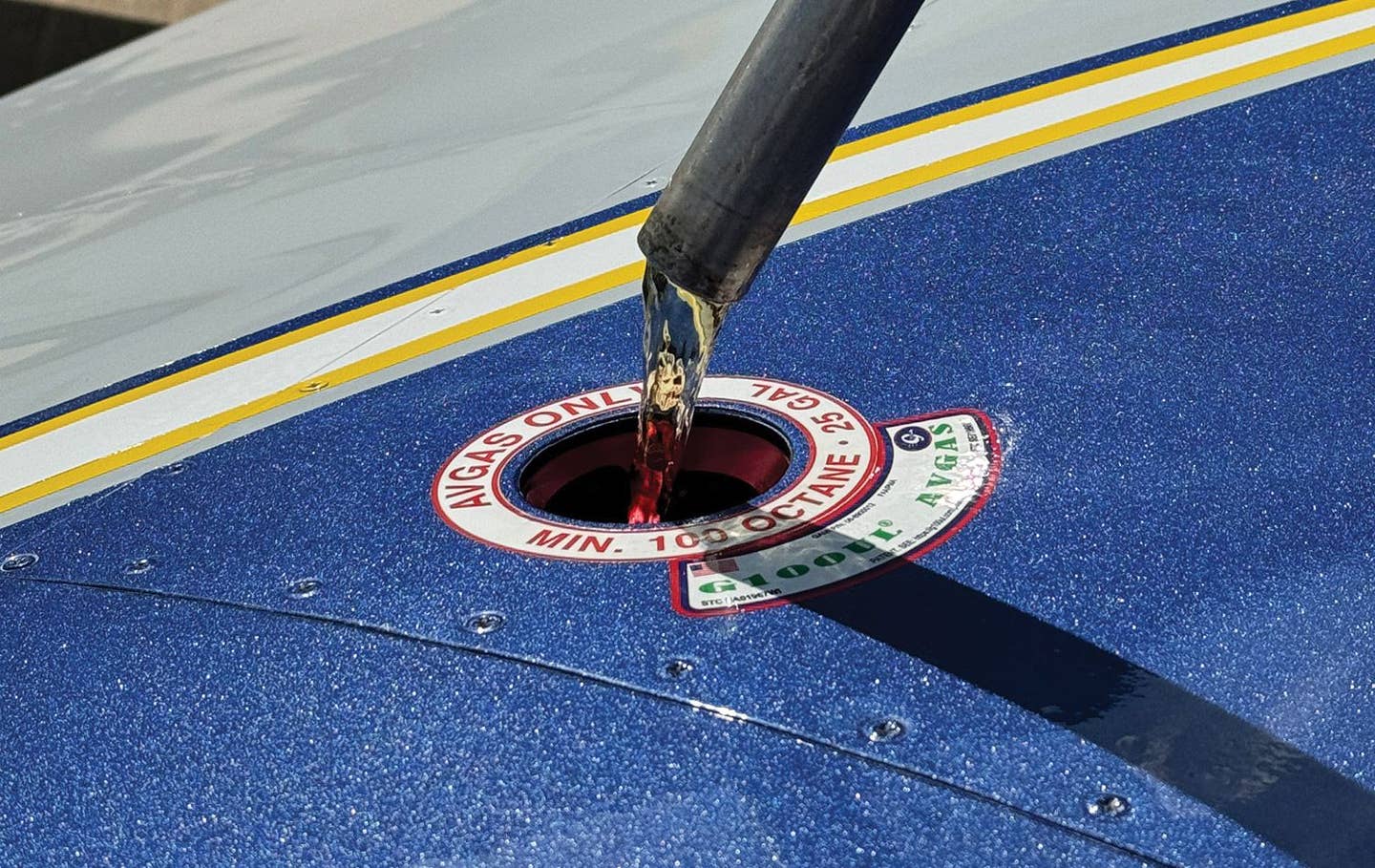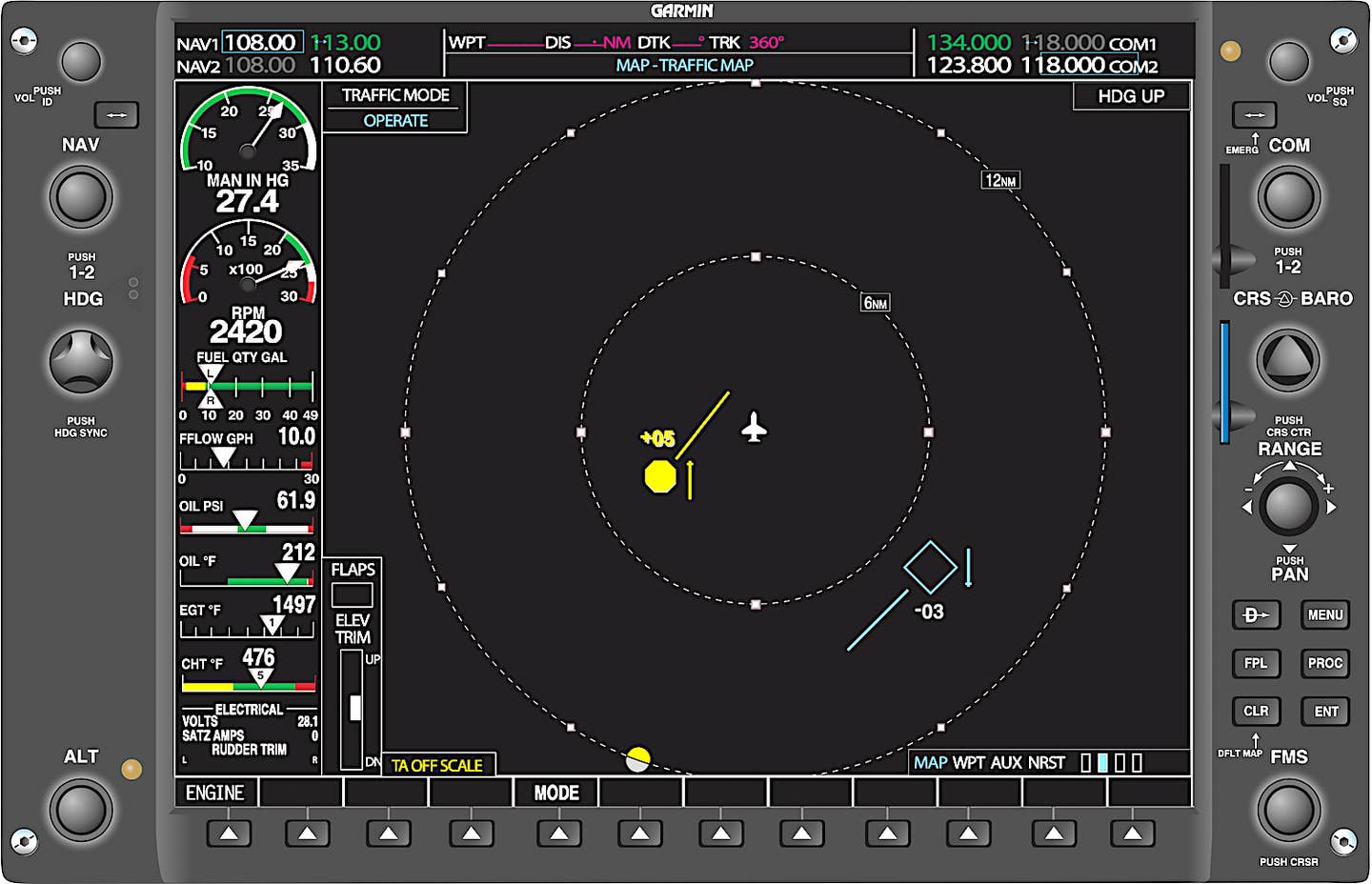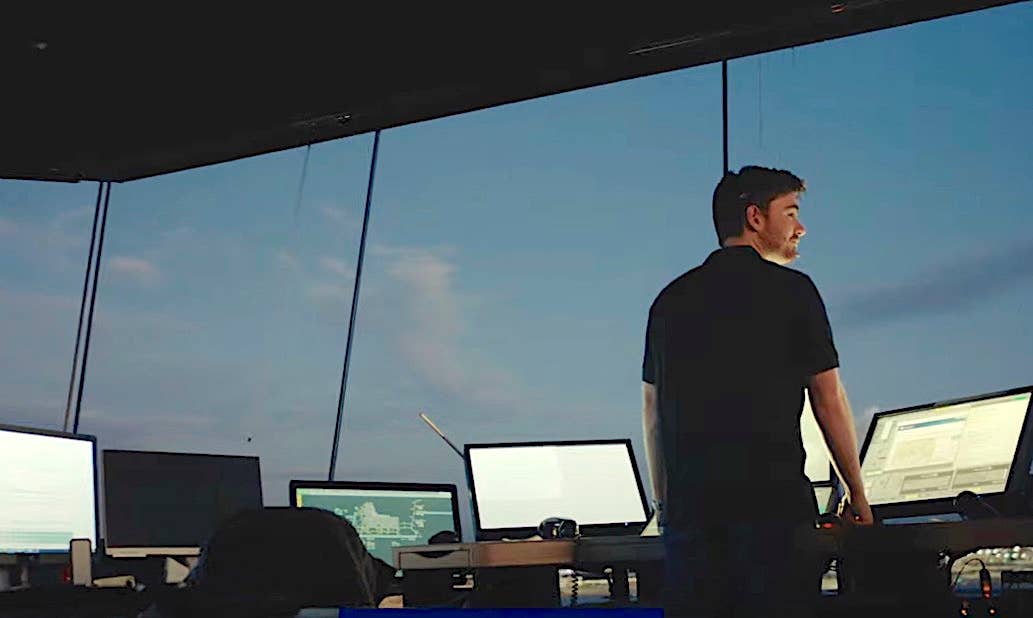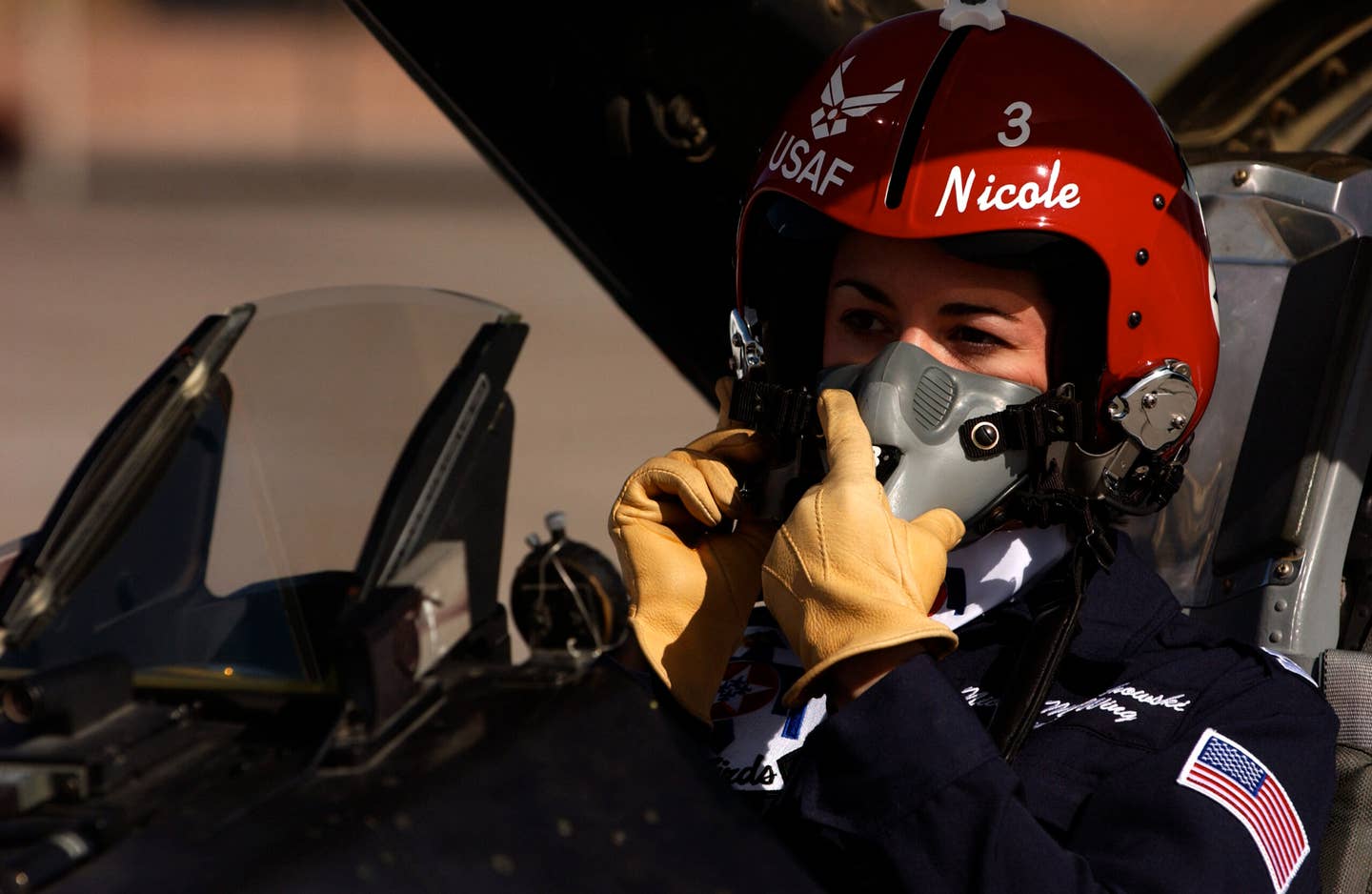Lycoming Clarifies G100UL Warranty Impact
The world’s largest piston aircraft engine manufacturer has confirmed it may not honor warranty claims on engines that have been run on GAMI G100UL unleaded fuel. In a statement to…

The world's largest piston aircraft engine manufacturer has confirmed it may not honor warranty claims on engines that have been run on GAMI G100UL unleaded fuel. In a statement to AVweb, Lycoming said that G100UL is not on its list of approved fuels and while warranty claims are assessed individually, the warranty "does not cover damage caused by operation outside of Lycoming’s published specifications or the use of non-approved fuels or lubricants."
The full statement is copied below. The company did not say what is required to make that list but it includes leaded and unleaded aviation fuels and some unleaded automotive fuels. Its highest performance engines are generally restricted to 100LL in North America.
Lycoming was responding to a legal opinion offered by an AVweb reader who is a lawyer and high-performance single owner who disputes that claim. He said that since G100UL is approved by the FAA through an STC, engine manufacturers can't reject warranty claims based on use of the fuel. Lycoming's full unedited statement follows.
WILLIAMSPORT, PA – Lycoming Engines provides a Limited Warranty against defects in material or workmanship. Lycoming’s Limited Warranty does not cover damage caused by operation outside of Lycoming’s published specifications or the use of non-approved fuels or lubricants.
Lycoming publishes specifications for approved fuels in Service Instruction 1070. G100UL is not listed as an approved fuel in Service Instruction 1070.
Lycoming evaluates warranty claims on a case-by-case bases in accordance with the terms of its Limited Warranty. However, customers should be aware that use of fuels not approved in Service Instruction 1070 would constitute operation outside of Lycoming’s published specifications.






